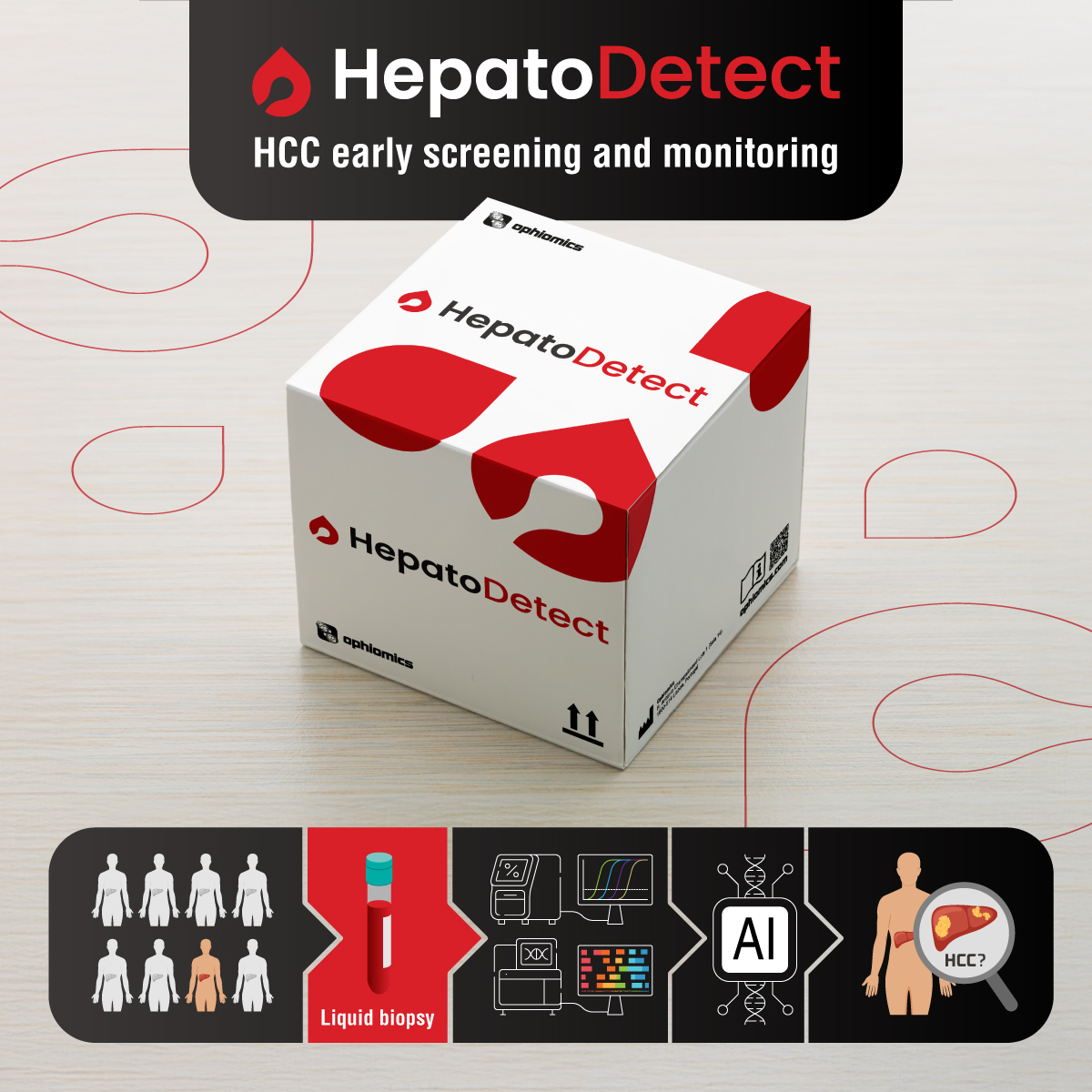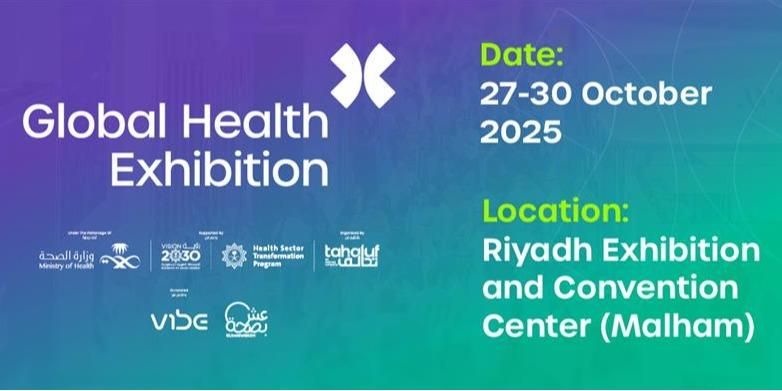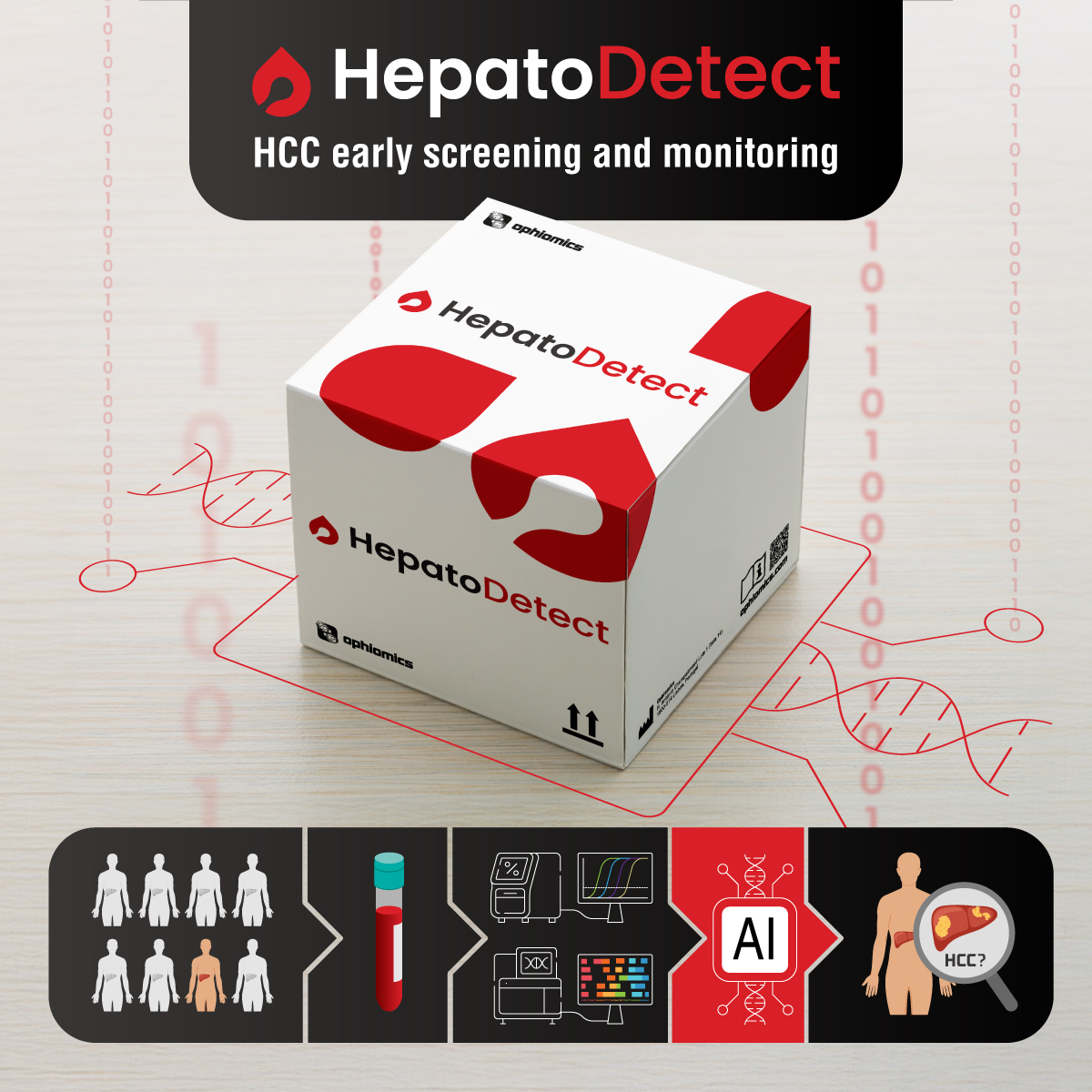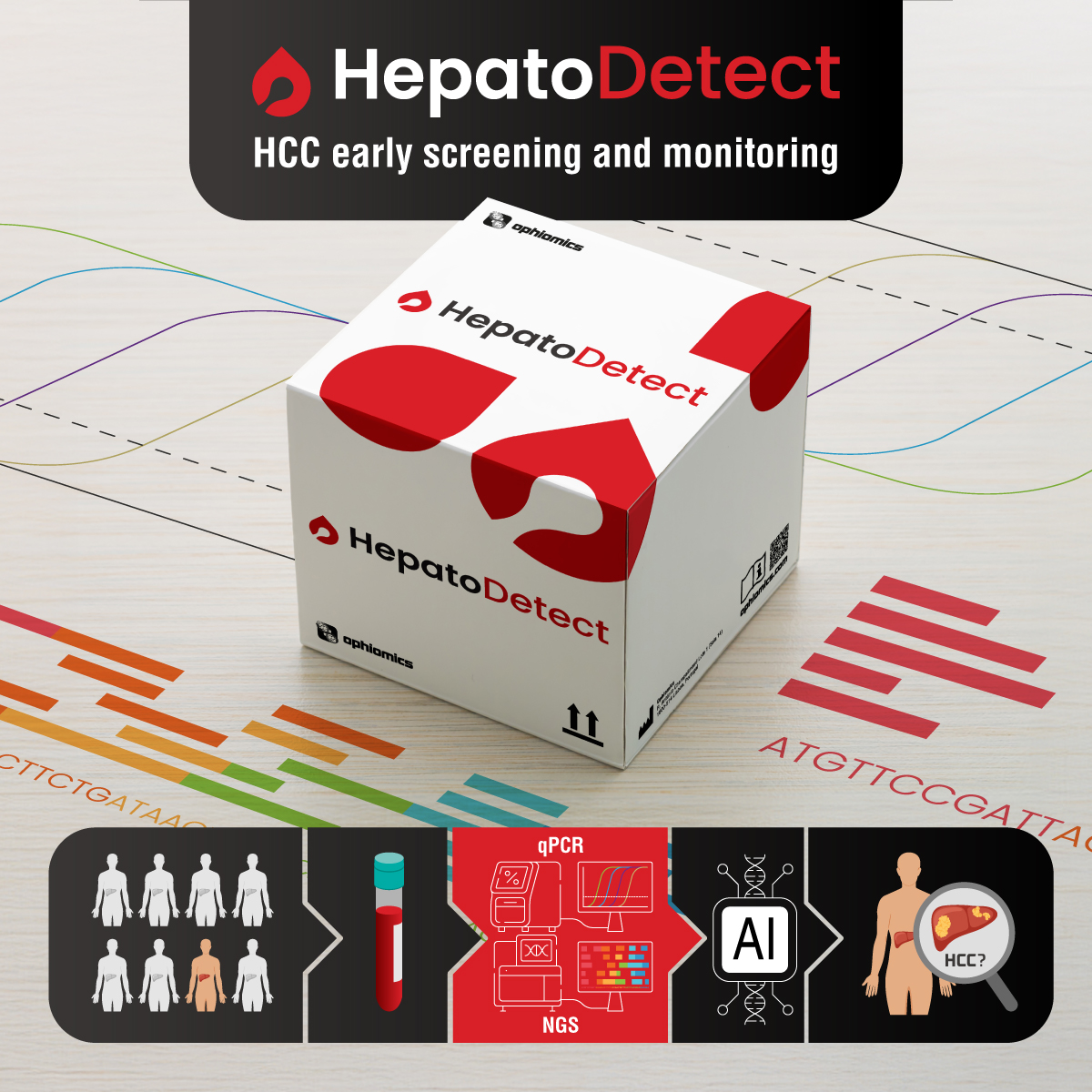For patients with cirrhosis, early detection of hepatocellular carcinoma (HCC) can mean the difference between curative treatment and late-stage disease. Traditionally, as recommended by current international guidelines, surveillance relies on bi-anual ultrasound-based screening, often combined with Alpha Fetoprotein (AFP) measurements. However, this approach has major drawbacks:
– Limited sensitivity for small tumors (<3 cm), leaving up to 37% of early cases undiagnosed until advanced stages.1
– Ultrasound accuracy is highly operator-dependent and can vary significantly based on the technician’s skill level and patient-related factors such as obesity.2
– Infrastructure barriers, requiring specialised equipment and trained staff, limiting scalability.3
Liquid biopsy-based tests are now changing the game in cancer diagnosis and treatment4,5. Instead of imaging, liquid biopsy analyses tumor-derived signals in a simple blood sample (e.g., circulating tumour DNA (ctDNA) methylation patterns) to detect different cancers at early stages4,5. Applied to patients with cirrhosis, this approach can offer:
– Higher sensitivity for early HCC compared to AFP and ultrasound, and even advanced scores like GALAD.
– Standardisation and scalability, eliminating operator variability and imaging constraints.
– Improved adherence to screening programs with a patient-friendly, simple blood draw.
HepatoDetect, a methylation-based liquid biopsy assay developed by Ophiomics6, brings a precision liver medicine innovation to the care of patients with cirrhosis. Designed for widespread adoption, it is compatible with two technology platforms (NGS and qPCR) commonly available in clinical labs, making implementation straightforward and cost-effective. By removing the imaging limitations and increasing detection rates, HepatoDetect can transform HCC surveillance, saving lives and reducing healthcare costs.
References
1. Tzartzeva K, Singal AG. Testing for AFP in combination with ultrasound improves early liver cancer detection. Expert Rev Gastroenterol Hepatol. 2018;12(10):947-949. doi:10.1080/17474124.2018.1512855
2. Singal A. HCC IN FOCUS Emerging Strategies for Hepatocellular Carcinoma Surveillance. Gastroenterol Hepatol (N Y). 2024;9(20):560-562.
3. Wong RJ, Jones PD, Niu B, et al. Clinician-Level Knowledge and Barriers to Hepatocellular Carcinoma Surveillance. JAMA Netw Open. 2024;7(5):e2411076-e2411076. doi:10.1001/jamanetworkopen.2024.11076
4. Wan JCM, Massie C, Garcia-Corbacho J, et al. Liquid biopsies come of age: towards implementation of circulating tumour DNA. Nat Rev Cancer. 2017;17(4):223-238. doi:10.1038/nrc.2017.7
5. Medina JE, Dracopoli NC, Bach PB, et al. Cell-free DNA approaches for cancer early detection and interception. J Immunother Cancer. 2023;11(9):e006013. doi:10.1136/jitc-2022-006013
6. Gonçalves E, Gonçalves-Reis M, Pereira-Leal JB, Cardoso J. DNA methylation fingerprint of hepatocellular carcinoma from tissue and liquid biopsies. Sci Rep. 2022;12(1). doi:10.1038/s41598-022-15058-0








